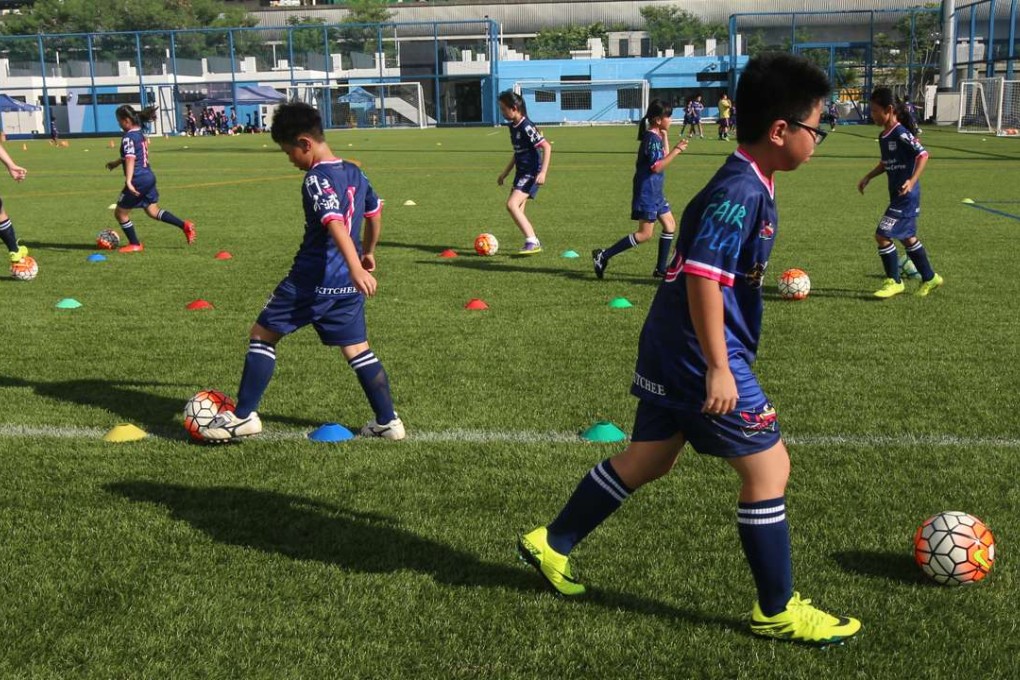Kitchee land fiasco highlights lack of long-term planning for sports facilities in Hong Kong
Ian Brownlee says zoning loopholes are among factors to blame and calls for public support to keep the site as open space, or hundreds of other sports and community service providers could face a similar fate

A year after it opened, Kitchee Sports Club’s HK$84 million training centre in Sha Tin is facing closure because the government wants to take back the land. The saga shows up the fragility of the provision of sports and community support services by sports bodies, schools and NGOs.
The site was leased to Kitchee on a five-year agreement, and there are hundreds of organisations in the city providing sport and other community services that hold such short-term tenancies. All are at risk of losing their premises at short notice. The problem stems from a combination of factors.
The Kitchee site has long been zoned for use as open space. In Hong Kong, the development and management of public sports facilities and open space is the responsibility of the Leisure and Cultural Services Department. But it has limited funds for recurrent expenditure, and so cannot take on the management of many new projects. Many sites zoned for open space lie vacant or are put to use as, say, temporary car parks.
Fears realised as Kitchee soccer training centre in Sha Tin makes way for housing development
Amid increasing demand for sports facilities, some national sports associations have taken the positive step of applying for unused land to develop their own amenities.
This is where it gets really crazy. Because the leisure department is supposed to permanently develop the park area in Sha Tin, but probably won’t, there is no process for the site to be given to a national sports association or an organisation like Kitchee other than on a short-term tenancy. But who would invest millions of dollars in building a facility for just five years?
The decision to take back the Kitchee land for housing is not in the best interests of the community
There should be investment by the community in sports and community facilities to supplement government provision. But this seldom takes place, as there is no guarantee that the site will be available long enough to get reasonable use out of it.
In the past, the general understanding among NGOs and sports bodies holding such leases was that the government would usually not take back sites that were satisfactorily meeting objectives, especially if they complied with town planning zoning. Many of these sites have been occupied by NGOs for more than 20 years on this basis.